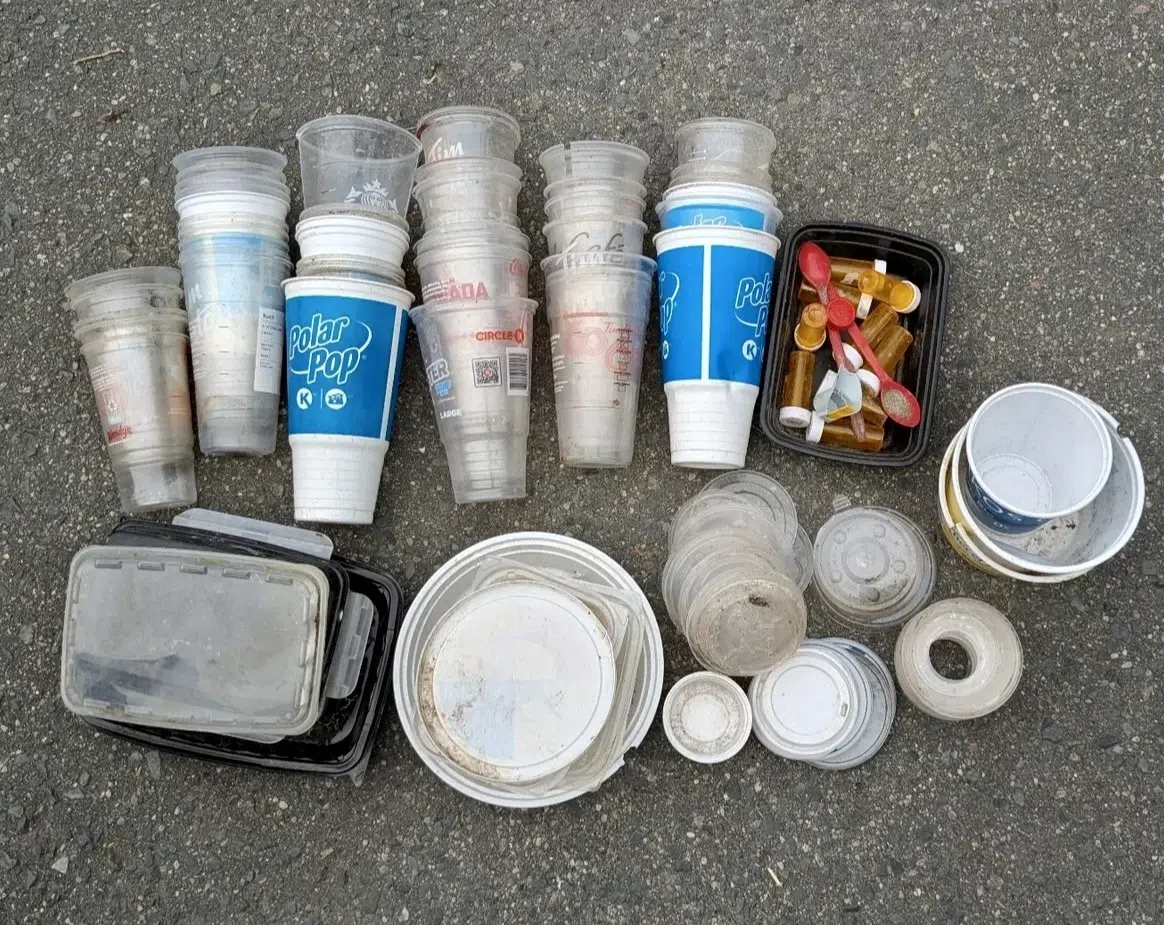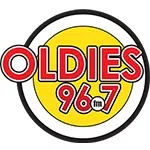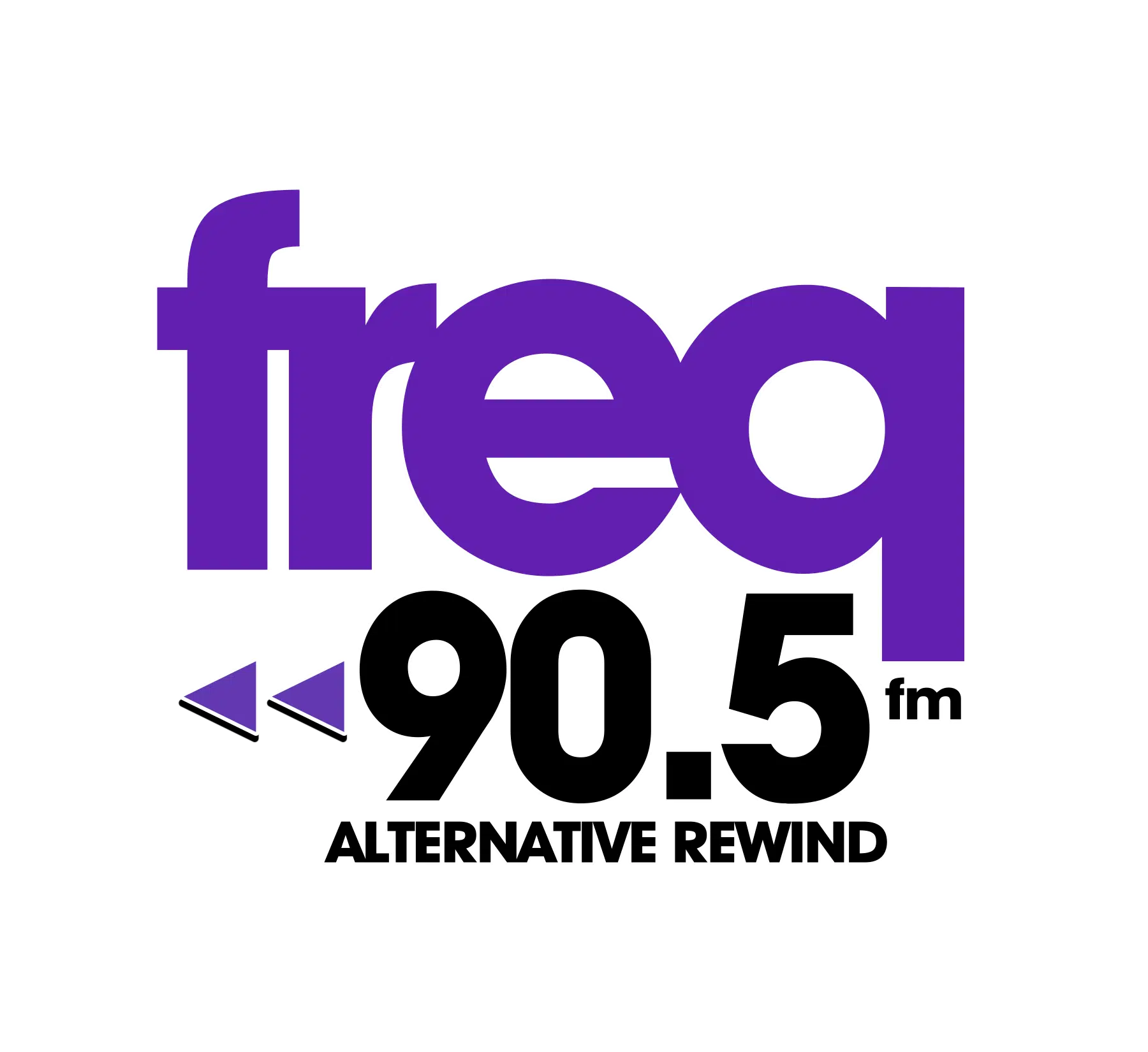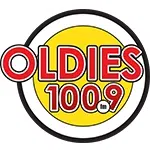socastcmsRssStartFreq 90.5/Oldies 96.7 News staffsocastcmsRssEnd

Clean Up Peterborough is asking residents to help identify common household plastics that are rarely recycled in Canada.
The group has launched its “Find Your Fives” campaign, a grassroots effort to crowd-source a local list of items made from #5 plastic — also known as polypropylene — such as prescription pill bottles, yogurt containers, and takeout lids.
“We’re not asking for donations or even for plastic yet,” said Steve Paul, founder of Clean Up Peterborough. “We’re just asking people to flip over their plastic, look for the #5 recycling symbol, and tell us what they find. It’s free, it’s easy, and it helps shape the future of our circular economy right here in Peterborough.”
The project is supported by the Rotary Club of Peterborough through funding from the Rotary Environmental Innovators Fund. Clean Up Peterborough has purchased equipment including a plastic shredder, heat press, and CNC router for a new micro-recycling and makerspace initiative called Second Nature Studio.
While not a formal recycling facility, Second Nature Studio will focus on collecting, shredding, and repurposing specific plastics — beginning with #5 and later expanding to some #2, #4, and PLA plastics. The studio will also offer educational workshops, volunteer opportunities, and creative reuse projects aimed at keeping plastic waste out of landfills.
In Peterborough County, an estimated two million prescription pill bottles are distributed each year, but only about 10 per cent are recycled.
“The grants we’ve received don’t give us the answers — they give us the tools to engage the community,” Paul said. “This project is about learning, sharing, and building something new together. We want to treat plastic as a resource, not waste, and create a model of circular innovation that starts right here at home.”
Residents can participate by checking plastic items for the #5 or “PP” symbol and logging them at this online form. In September, the group will publish a community-built list of accepted items to guide future collection efforts, with public drop-off expected to launch in fall 2025.
“The more people who participate, the better the list — and the more we can do together,” Paul said. “It’s also a great way to learn about what you’re buying and how little of it actually gets recycled. That kind of awareness can influence future decisions and drive real change.”



